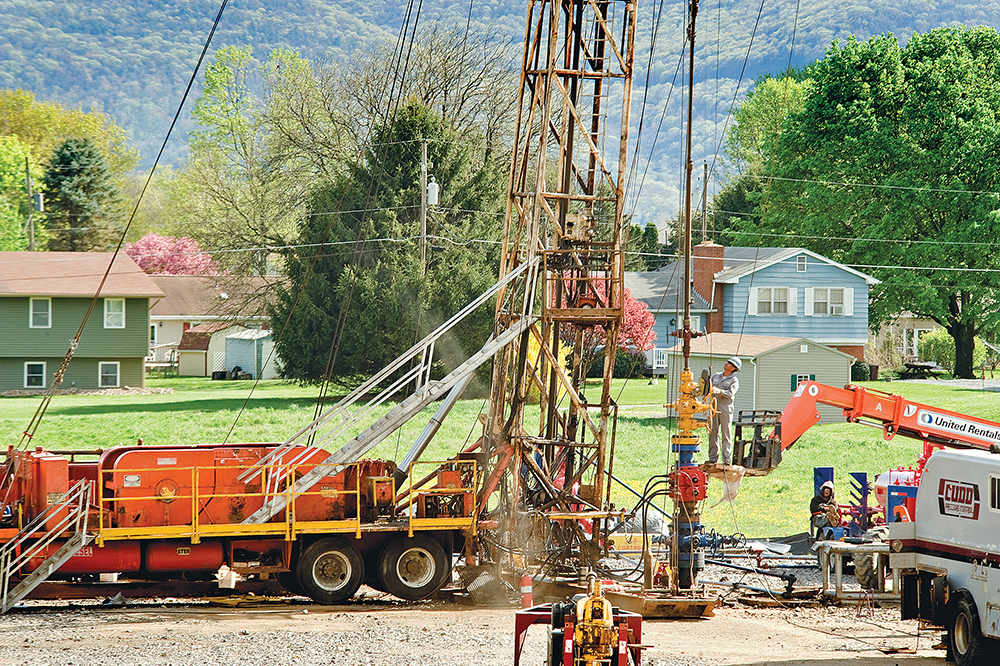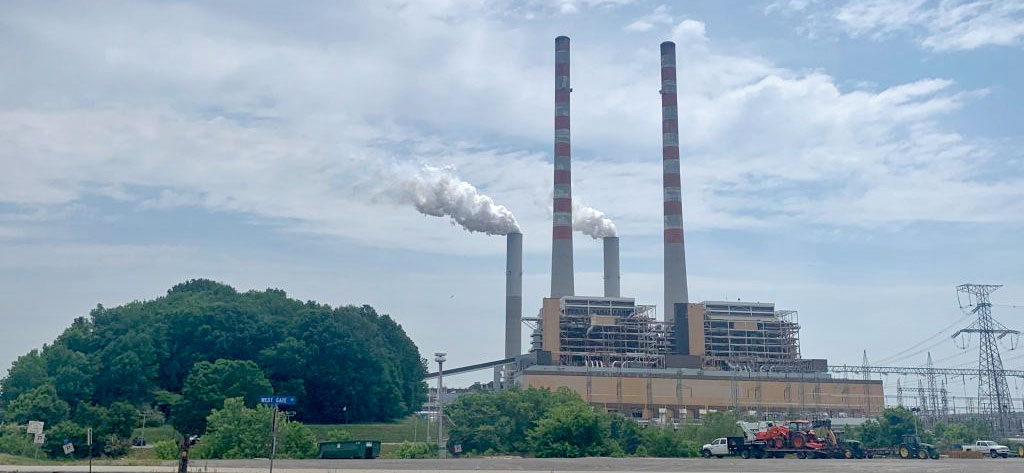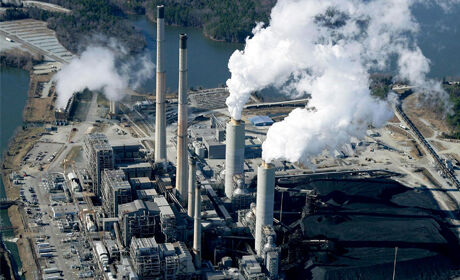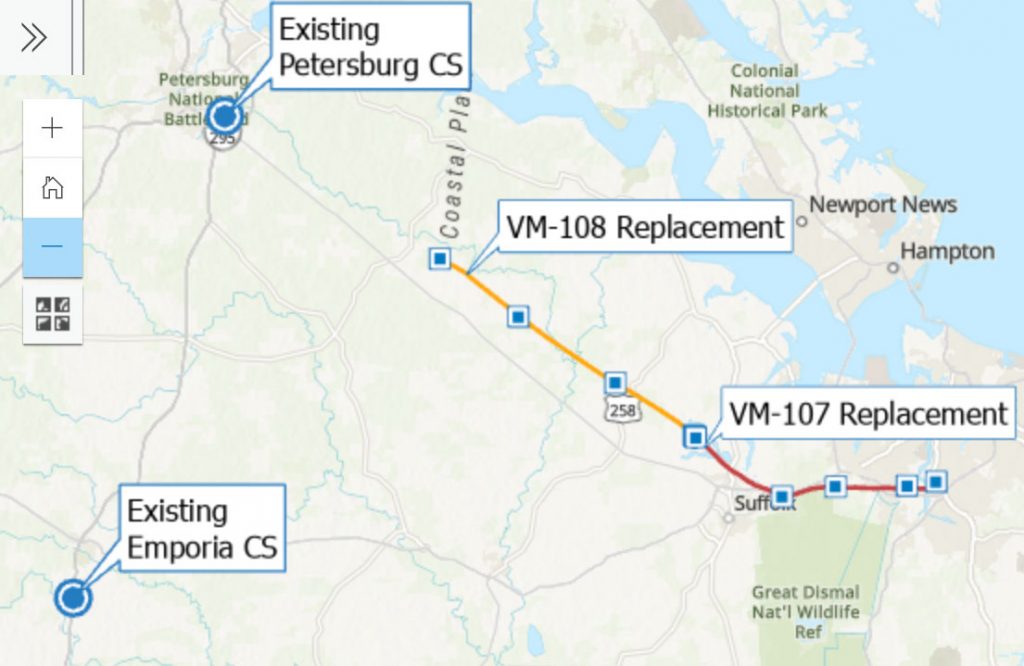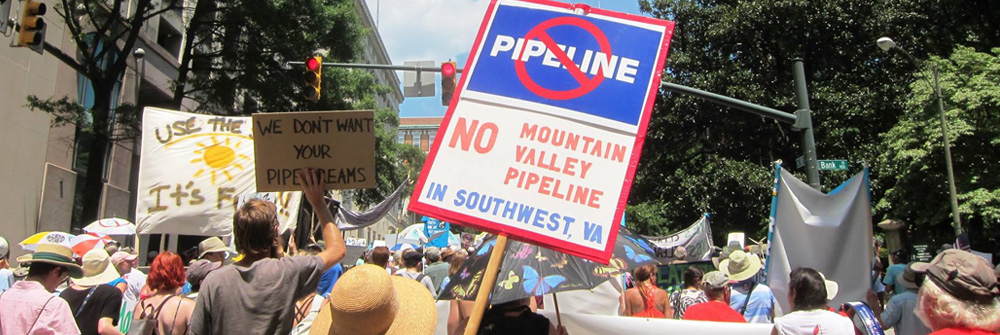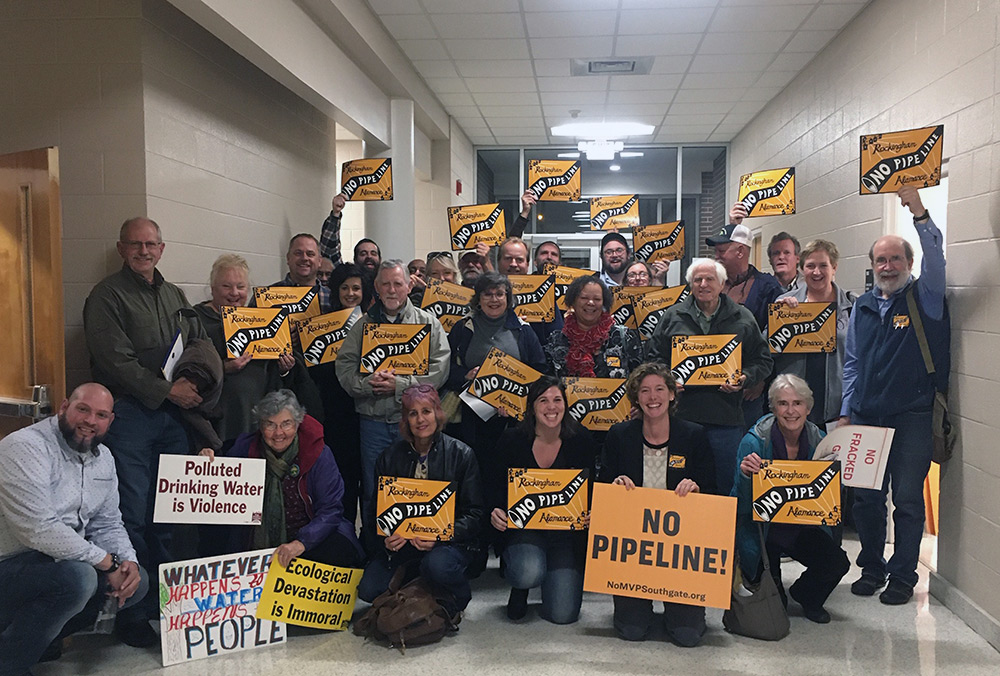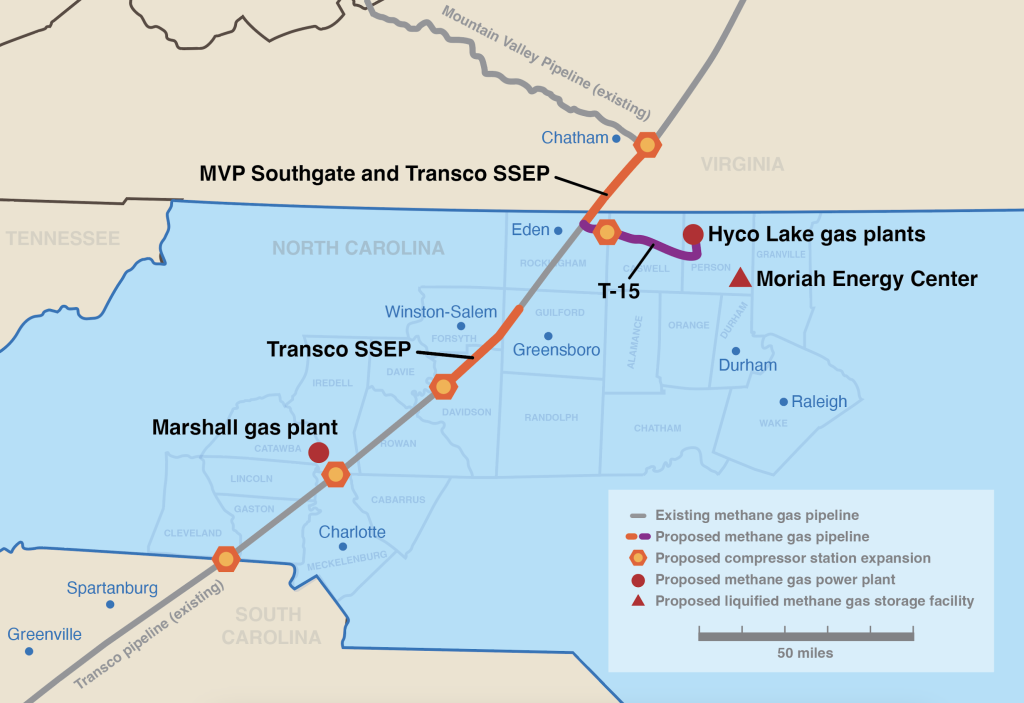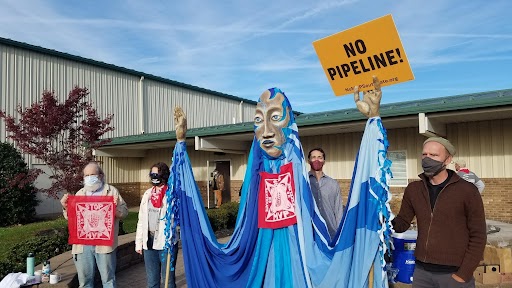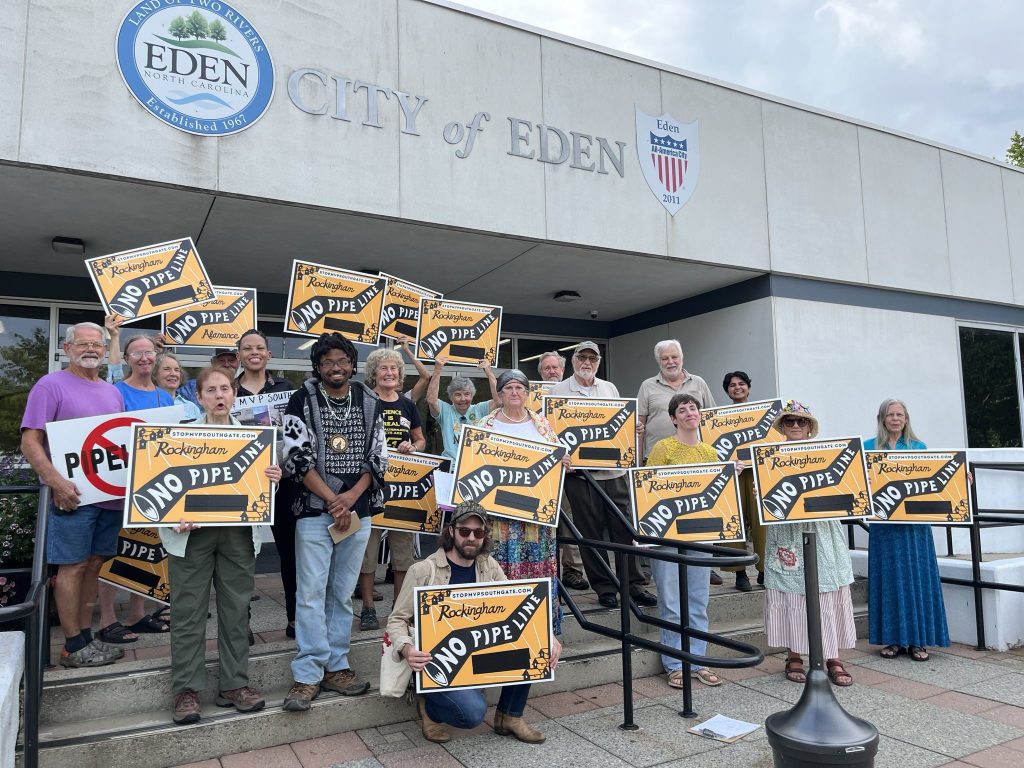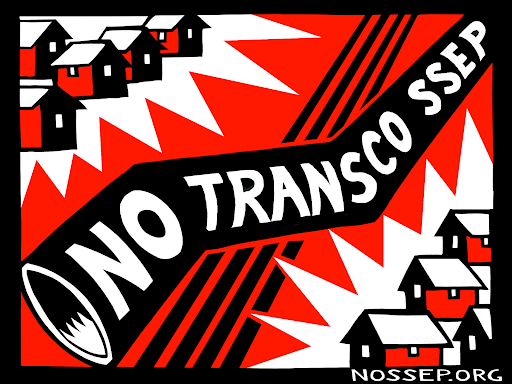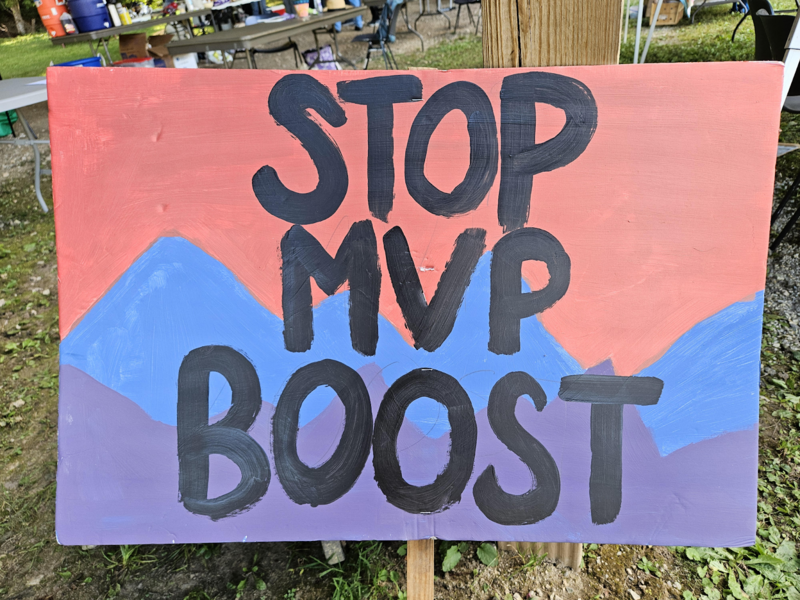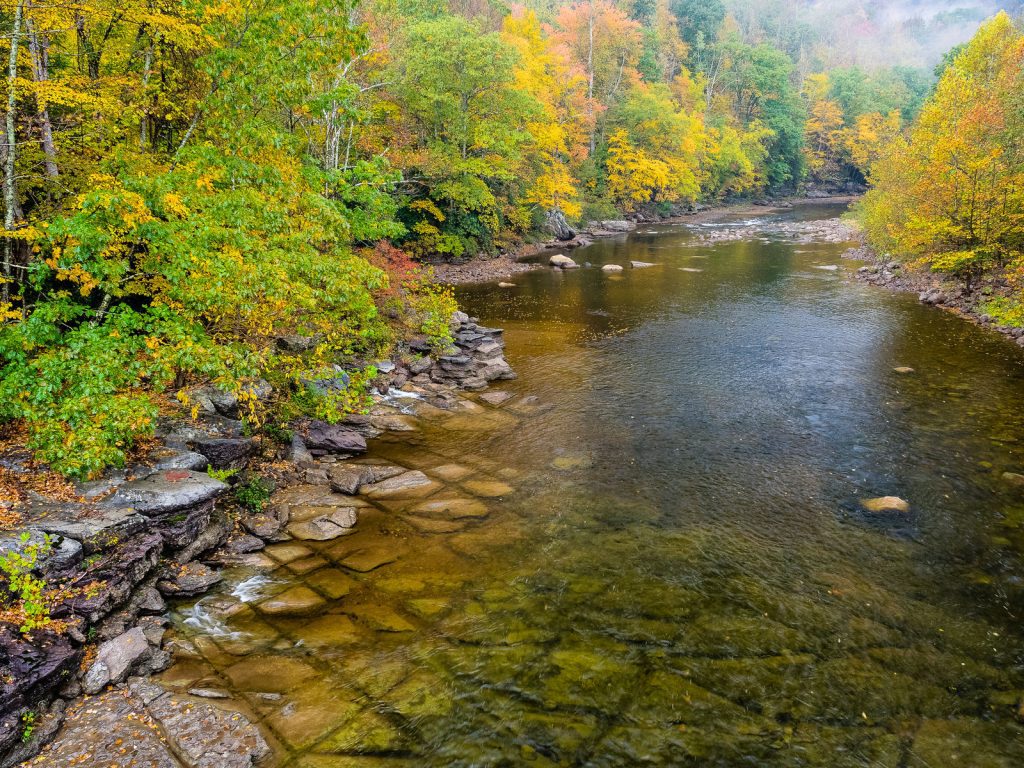Stop Pipelines & Fracked Gas

Photo By Sierra Shamer / Fractracker
Two decades ago, so-called natural gas exploded on the American energy market, pushed by the industry as a supposedly clean “bridge” fuel to transition the economy from dirty coal to renewable sources of electricity generation like solar and wind.
But this gas is far from clean. From the time that it is extracted using a destructive drilling method called fracking, its transport through pipelines, train cars and trucks, to the power plants where it is burned, the dire environmental and human costs of this fossil fuel are now abundantly clear. In particular, this polluting infrastructure is often sited in communities of color, lower-income areas and other environmental justice communities.
Studies show that investments in renewable energy and energy efficiency are on par with, or sometimes more affordable than, building new gas infrastructure. Many states are enacting policies to tap into the rising solar and wind sector. Yet the fossil fuel industry is rushing to build methane gas pipelines and power plants to squeeze as much profit as possible out of the waning fuel, putting most of the financial risk on customers.
Appalachian Voices is tackling the spread of fracked gas head-on by legally challenging fossil fuel proposals and pushing back against the antiquated policies and rubber-stamping agencies that govern the development of gas infrastructure. We are also partnering with communities in the fight against new fossil fuel infrastructure, providing resources and training to bolster local opposition. And we are pressuring decision-makers to force them to consider the harm to communities threatened by polluting energy development.
And the tide is starting to turn. In July 2020, Duke Energy and Dominion Energy canceled the 600-mile Atlantic Coast Pipeline. The massive fossil fuel project was riddled with problems, starting with the fundamental fact it was not needed to meet energy demand. Standing beside the many communities and organizations that made this historic victory possible, we’re taking this momentum and applying it toward the fight against other destructive, climate-harming projects that threaten community safety, our clean air and water, and that would raise electricity costs for residents.

Latest News
NC DEQ approves water permit for MVP Southgate pipeline
Today, the North Carolina Department of Environmental Quality issued a Clean Water Act Section 401 certification for Mountain Valley Pipeline, LLC’s proposed methane gas pipeline “Southgate,” rejecting concerns raised by North Carolina community members that the project would pollute streams and wetlands and harm protected aquatic species.
Residents, advocates to hold press conference ahead of hearing on air permit for proposed Transco compressor station
On Tuesday, Nov. 18, at 6 p.m., regulators from the North Carolina Department of Environmental Quality will hold a public hearing in Lexington, North Carolina, to discuss an air permit for a polluting compressor station that Williams Transco wants to build as part of its multi-state Southeast Supply Enhancement Project.
FERC releases Environmental Assessment of new Transco SSEP pipeline
The Federal Energy Regulatory Commission released an Environmental Assessment for the methane gas pipeline Southeast Supply Enhancement Project, proposed for Virginia, North Carolina, South Carolina, Georgia and Alabama.
In Montgomery County, Virginia, Seasoned Mountain Valley Pipeline Fighters Prepare for Another Battle
“Here we go again,” is what Crystal Mello, an organizer for the Preserve Our Water Heritage, Rights Coalition, says she said to herself when she learned that Mountain Valley Pipeline was planning a new compressor station in Elliston, Virginia, as part of a project to send even more gas through the massive 42-inch pipeline.
Advocates alarmed over Army Corps blanket ‘permission to pollute’ proposal in West Virginia
Appalachian Mountain Advocates submitted comments on behalf of six environmental organizations to the Army Corps of Engineers in opposition to a proposal that attempts to skip the agency’s typical review process for certain types of energy projects in West Virginia.
‘King of the Darters’ Removed from Endangered Species List
The Roanoke logperch, a striking, large freshwater fish found in a handful of watersheds in Virginia and North Carolina, is no longer on the U.S. Fish and Wildlife Service’s endangered species list. It’s a sign of the fish population’s improvement. But some individuals and environmental and conservation organizations see its removal from Endangered Species Act protections — rather than moving from “endangered” to “threatened” status — as premature.

